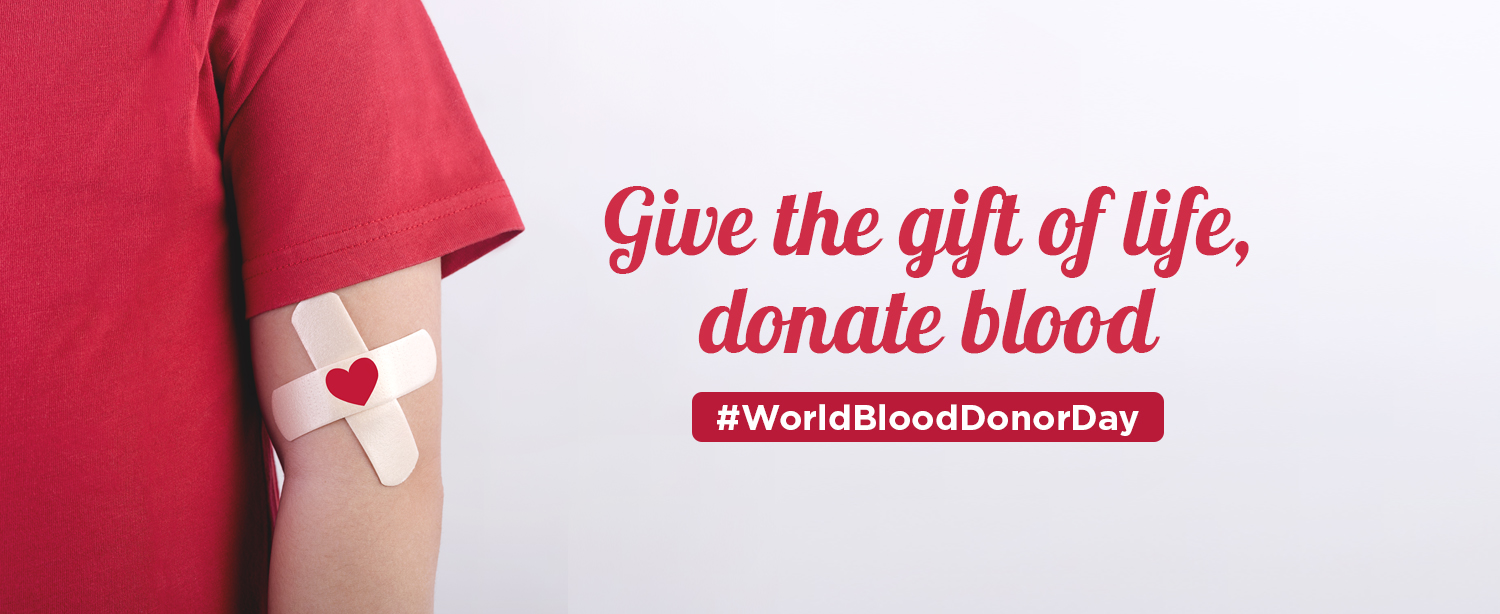Every Indian has a moral obligation to donate blood and participate in voluntary blood donation camps. Statistics suggest that India is in requirement of blood transfusion every two seconds. Blood should be waiting for the patient rather than the patient waiting for blood, as it is often too late to find a donor. It is the responsibility of the entire community to keep blood banks full all the time.
In India, access to safe blood has been a persistent issue for many years. Every year, around 11 million blood donations are collected in India, compared to the required 13.5 million for the country’s 1.35 billion population (1%), leaving a shortfall of nearly 2 million. Blood shortages may prove detrimental to those who need an urgent supply of blood such as those with thalassaemia, victims of road accidents, and bleeding during pregnancy and childbirth. With increased awareness and participation together we can increase the blood donation numbers.
Why Blood Donation is important?
There is a constant need for a regular supply of blood as it can be stored only for a limited period of time before use. A sufficient number of healthy people must donate blood on a regular basis to ensure that blood is always available whenever and wherever it is required. Apart from road accidents, patients also require blood for cancer treatment, orthopaedic surgery, cardiovascular surgeries, childbirth and for inherited blood disorders.
Who is eligible to Donate Blood?
Adults who are in good health can donate blood on a regular basis — once every three months. Speak to your doctor if you have any doubts about blood donation. To become a blood donor, there are a few basic standards that must be met, these include:
- Weight should not be less than 45 kgs.
- Age should be between 18 and 65.
- Blood pressure, pulse and temperature should be normal.
- Haemoglobin should be not less than 12.5 grams.
- The donor should not have had any immunization in 15 days preceding the blood donation.
- No tattoos should have been done anywhere on the body for 1 year.
- The donor should not be having any form of cancer.
- The donor must not be suffering from any infectious diseases
- Some medications may prevent a person from donating blood.
- Breastfeeding women cannot donate blood.
Facts about Blood Donation
Here are a few important things to note about blood donations:
- A single pint of blood can help save up to 3 patients.
- Donating blood is a safe process and a new sterile needle is used for each donor.
- The average adult has about 10 units of blood in his body and about 1 unit is given during a donation.
Precautions before a Blood Donation
Have you signed up to make a blood donation? Follow these healthy tips for a comfortable and healthy experience:
- Eat iron-rich foods that include red meat, eggs, whole grains, and dark green vegetables like spinach starting a week or two before you donate.
- Get plenty of sleep the night before you plan to donate.
- Eat a healthy meal before your donation.
- Increase your fluid intake not only on the day of your donation, but also on the day before and the day after. This will help you stay hydrated.
- Check to see if any medications you are taking or recently took would prevent you from donating.
- Wear a shirt or a top with short sleeves.
Precautions after a Blood Donation
A person can resume daily activities within a few hours of donating blood. Here are a few additional tips for better recovery:
- Keep your bandage on for a minimum of 4 hours.
- Make sure that you eat or drink something before you leave the Blood donation camp.
- You must drink extra fluids in the first 4 hours following a blood donation and continue it for the next few days.
- For the next 12 hours after a blood donation, avoid lifting of heavy objects and performing any kind of strenuous exercises.
- If you experience any kind of dizziness, please sit down and place your head between your knees or lie down with your legs elevated. Remain in this position till you feel better.
- If you notice any swelling, consult your doctor for further assistance.
- Avoid smoking and consumption of alcohol after giving blood.
Blood Donation at Kokilaben Dhirubhai Ambani Hospital
This “World Blood Donor Day” be a part of this noble deed and visit our Blood Bank for making a blood donation. The Blood Bank at Kokilaben Dhirubhai Ambani Hospital is equipped with state-of-the-art equipment that uses advanced techniques for processing and screening of blood and its components. All the donated units are screened for infectious diseases before the transfusion. Feel free to visit us or call us on +91-22-30937293 for any blood donation queries. Refer the below link for further details: https://www.kokilabenhospital.com/departments/clinicaldepartments/transfusionmedicine.html


